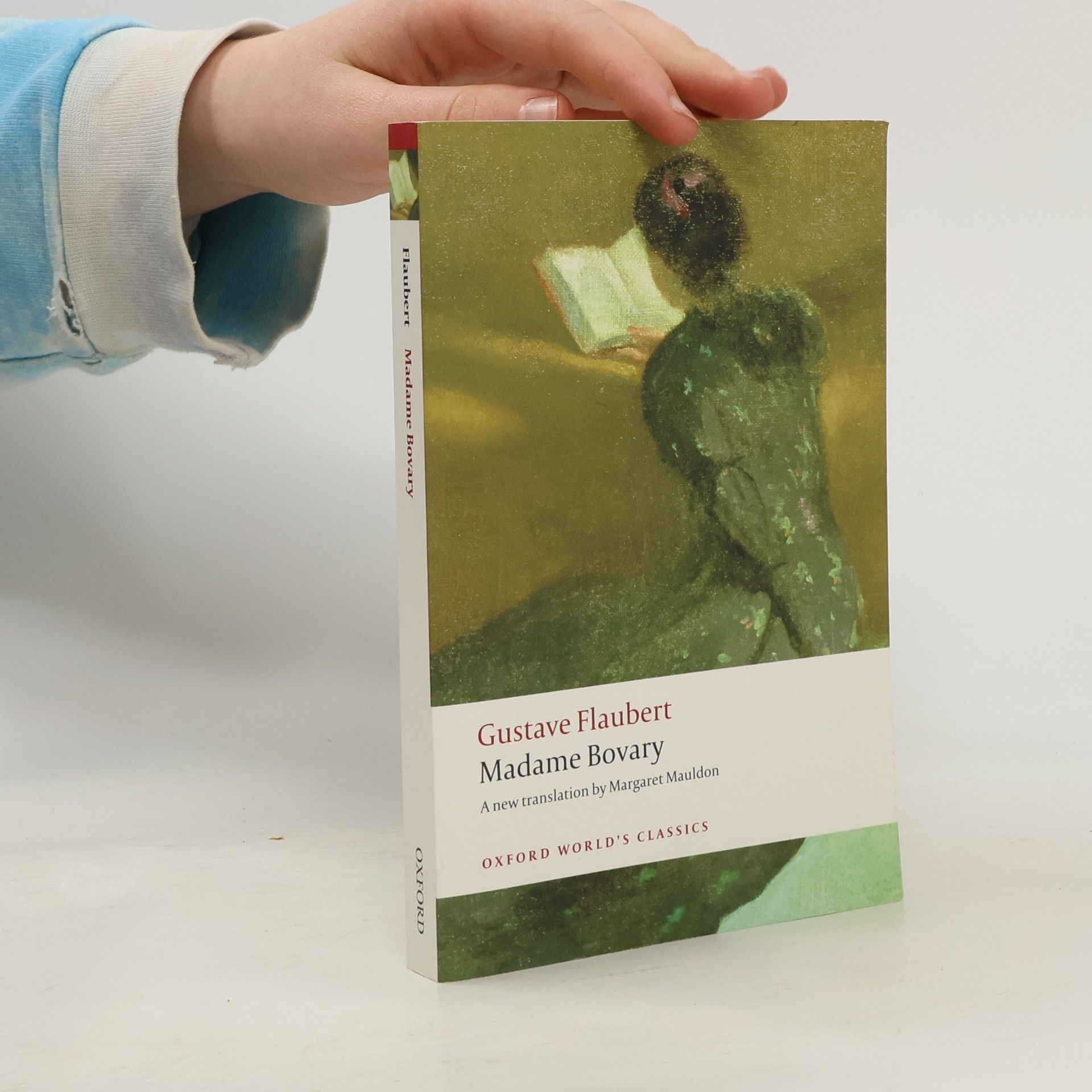Madame Bovary
- 329 pages
- 12 hours of reading
Emma Bovary, the wife of a provincial doctor, seeks to escape her boredom by indulging in romantic fantasies and adulterous affairs.
Geoffrey Wall is a distinguished literary biographer and translator, with a particular focus on French authors like Flaubert and George Sand. His work is characterized by a profound engagement with their lives and writings, exploring themes, style, and literary legacy. Wall's interest in oral history further enriches his contribution, connecting past and present to illuminate the creative processes of significant literary figures.

Emma Bovary, the wife of a provincial doctor, seeks to escape her boredom by indulging in romantic fantasies and adulterous affairs.